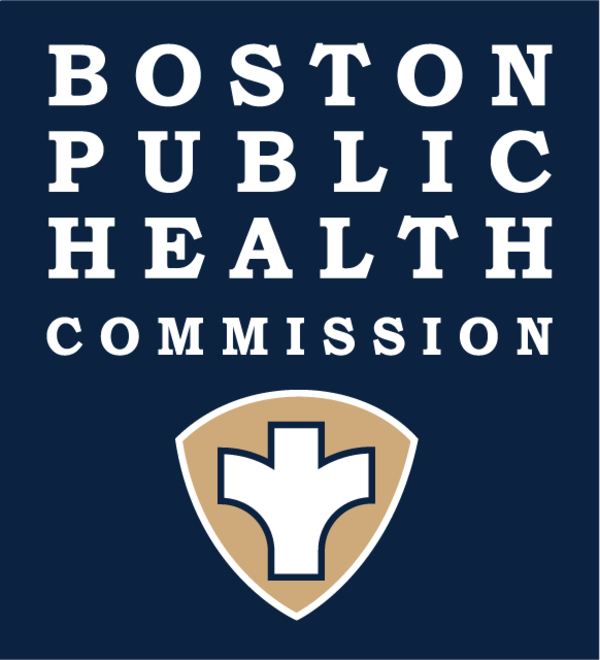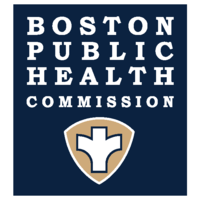Climate Change and Public Health
Climate Change affects the lives and health of Boston residents. Science shows that the effect will continue to grow. We work with city, state, regional and national partners to mitigate and adapt to climate change and promote health equity.
Public Health Impacts of Climate Change
What is Climate Change?
Climate change means major long-term, large scale shifts in things like temperature, precipitation, and wind patterns. It is different from day-to-day changes in local weather but can have a local impact. The Earth’s climate has changed many times in the past several billion years. What makes climate change now different than any other time is how human activity contributes to the change. Our greenhouse gas emissions trap heat in the atmosphere that would normally radiate off into space. This trapped heat raises average global temperatures which causes:
- Polar ice and snow melt
- Rising sea levels and tidal flooding
- Extreme temperature events (heat waves and cold snaps)
- More frequent strong storms
- Droughts
Climate Change Affects Boston Health
Climate change is already affecting the lives and health of Bostonians. Between 1895 and 2011, average temperatures in the northeast have increased by 2 degrees Fahrenheit. This may not seem like much, but it contributes to more extreme weather events. Since 1991, Boston has experienced 21 events that triggered federal or state disaster declarations. The number of days with temperatures above 90 degrees
was an average of 11 per year from 1971 to 2000. In 2015 there were 22 days over 90 degrees and July 2019 was the hottest month on record.
These changes affect the health of Bostonians in many ways and the impacts will keep growing. Some of the public health concerns from climate change are:
- Extreme temperature events (heat waves and cold snaps) that send people to the hospital with heat stroke or hypothermia. This can be deadly to at-risk people such as the elderly, those with underlying health conditions, people who work outside, and the homeless.
- Rising sea levels and more severe storms put low-lying coastal areas, like those in East Boston, South Boston, and Dorchester, at risk of flooding. This not only damages property but can cause mold growth that triggers asthma and allergy attacks and other health effects.
- Warmer, longer growing seasons mean more days of very high pollen counts. This can be difficult for people with allergies and life-threatening for people with asthma, COPD, and other breathing difficulties.
- Longer, wetter summers mean a long breeding season for the mosquitos that carry West Nile Virus and Eastern Equine Encephalitis (EEE or ‘triple E’) and may contribute to other diseases carried by insects expanding into the Boston area.
- More severe storm weather may mean property damage, but it can also put your health at risk with storm related injuries and service disruption. A power outage can be life-threatening for a person relying on a home medical device like an oxygen machine or a working refrigerator to keep insulin cold.
- Droughts in other areas of the country can mean higher food prices in Boston grocery stores, putting people at risk of food insecurity and poor nutrition.
The City, including BPHC, is working to combat Climate Change
Climate change is serious, but there is a lot of work happening to slow it and prepare the city for the impacts we can’t avoid. BPHC is working with many city agencies to make sure that public health and health impacts of climate change are a core part of all of the city’s Climate Ready Boston efforts. You can learn more about the CleanAir Cabs project launched by BPHC below or you can follow these links to learn about the other climate projects happening in the city.
CleanAir Cabs Project
The CleanAir Cabs project started in 2005 as a collaborative partnership between BPHC, a concerned member of the public, the Boston Police Department, and MassPort. It aimed to reduce the fuel costs, air pollution, and climate change impacts of Boston's taxi fleet. It promotes replacing older, fuel-inefficient cabs with hybrid and alternative fuel vehicles. By the summer of 2018, 48% (861 vehicles) of cabs on the road in Boston were hybrid vehicles. These vehicles each use an estimated 3,8000 gallons less of gasoline each year than conventional vehicles.
Drivers: Save money on gas. Hybrid taxi cabs get up to three times as many miles per gallon of fuel as the old Crown Victoria cabs!
Taxi Owners: If you own and drive your own vehicle, you may be eligible for a federal tax credit when you buy a new hybrid vehicle.. If you lease your cabs to drivers, you can charge a higher lease rate to the driver.
Boston residents: Using hybrid cars reduces pollution and tailpipe emissions by 50-80%. Engine exhaust chemicals are especially harmful to people with asthma or heart disease. Less pollution also slows climate change.
Are you a cab owner?
Consider purchasing a hybrid or alternative fuel vehicle the next time you have to replace a car. To enroll, call the Hackney Division at 617-343-4475 or visit their website.
Are you a taxi customer?
Look for the green stripe that marks CleanAir Cab vehicles or ask for a CleanAir Cab when you call for a pickup.





